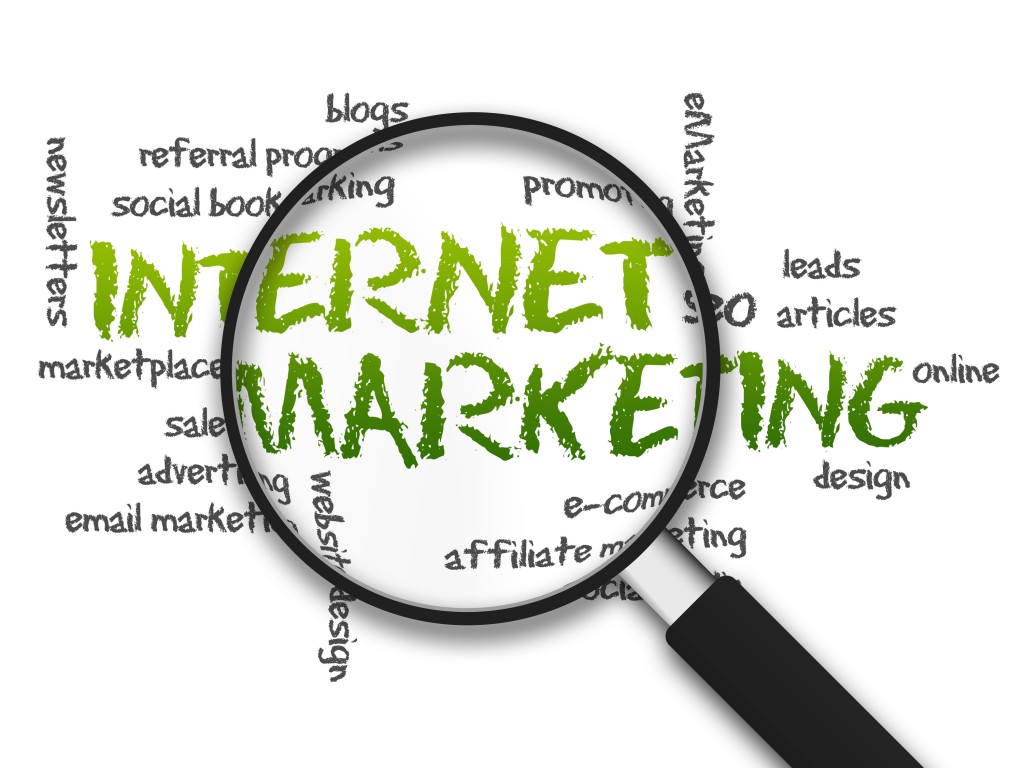He was born on July 15, 1848. He died on August 19, 1923.
His name was Vilfredo Pareto, and he discovered what has come to be one of the most important principles of production.
Vilfredo Pareto, sociologist, author, economist, and philosopher, made the famous observation that 20% of the population owned 80% of the property in Italy.
What’s interesting about that is that you can see the same thing in business.
The numbers aren’t exact, but they always seem to approach that ratio.
Normally 20% of any given line of products are the ones that sell the most.
20% of customers highly profitable.
80% of all businesses fail after 5 years and only 20% are successful.
Etc…
Pareto’s Law, in essence, says that you have to analyze things to find out where you really need to focus.
I think if I had to name one element of marketing that can give us the most results, I would have to pick conversion.
Realistically speaking, the main goal of your business it to “convert.” If you don’t convert, you don’t sell, and if you don’t sell, you don’t have a business.
A lot of people make the mistake of thinking that the goal of marketing is to communicate, but it isn’t.
It’s to convert…
To convert starting with the announcement on your landing page.
From your landing page to the sale or an email.
You’re constantly trying to get people to go from one action to another.
And the end of the day, conversion is everything.
Today we’re going to talk about the 4 R’s that you need to know about in order to improve conversions on your website.
1. The right traffic
2. The right site.
3. The right message
4. The right goal
1. The Right Traffic
The first point is focusing on traffic. The right traffic makes all the difference when it comes to getting your website to give you the results that you want.
You have to have the right traffic. People looking for your services and products.
Jay Abraham, a famous Marketing guru, made an observation that I love:
“Sometimes the best way to sell a horse is to say:
‘Horse for sale.’”
That’s what you offer to people looking to buy a horse.
2. The Right Site
Your potential customers will always ask themselves these important questions when they visit your website:
“Am I at the right site?”
“Is there anything of value to me here? Is it worth my while to stay and look around?”
This is where good design and good branding really pay off.
A good design generates confidence, and a poor design, or a design without a clear goal, generates a lack of confidence.
3. The Correct Message
Most people make the mistake of not clearly defining their message.
You should never write about who you are or what you do.
You should always communicate for the sake of generating an action, a conversion.
The question is, what is your value proposition?
What are you offering that makes your potential customer see you as an option?
Your website should be crystal clear about what it is that you offer your end customer.
Your message should be 100% focused on communicating how you can solve your customers’ problems or help them to attain their dreams.
4. The Right Goal
Your website needs to have a clear goal.
Ask yourself, “What is it that I want the user to do when they visit my website?”
“Do I want them to read?”
“Do I want them to call a phone number?”
“Do I want them to fill out a form?”
“Or, perhaps, do I want them to watch a video?”
The bottom line is that in order to optimize a website to generate sales, you need to define the goal that will help you to generate offline sales.
Why?
Because with a clear goal we can measure the results and optimize the system to get better results.
For example, if your business depends on contact lists, the more contacts you get due to website optimization, the more sales you’ll make.
Focus and clarity are everything if you want results.
To get an ROI from your marketing, you need to work on conversions.
It’s unrealistic to think that you can launch a campaign and have everything work perfectly right away.
It’s unrealistic to launch a website and expect it to get results without optimizing it.
Smart entrepreneurs focus on conversions.
Not-so-smart entrepreneurs focus on having conversations on social networks.
Be one of the smart ones.
Edward Azorbo
